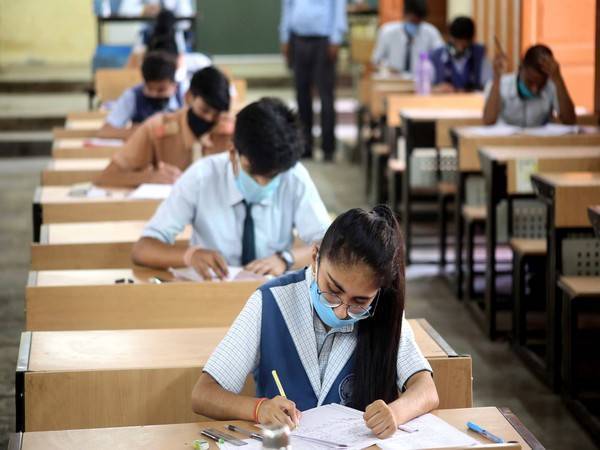Seven Indian universities have secured positions in the top 100 in Asia. …reports Asian Lite News
India emerged as Global Leader as it overtook China in the recently released QS Asia Universities Rankings 2024.
With record number of 148 Indian Universities featuring amongst the top Asian Universities, India became the Nation with highest number of universities ranking in the QS Asia Universities Ranking 2024 followed by China with 133 Universities.
This has been the highest number ever of Indian Universities to feature amongst the Asian Top Universities, with 37 new entrants. China has only 7 new entrants this year.
In this edition, a total of 857 institutions from 25 Asian countries were ranked. The performance of Indian Universities this year has been remarkable as there is notable 33% increase in the number of universities ranked from the previous year.
Seven Indian universities have secured positions in the top 100 in Asia. Furthermore, Indian statistical institutes have made a remarkable debut, securing the 220th position in the QS Asia rankings. IIT Bombay, retained its position in the Asian Top 50, by securing 40th Rank in Asia. It remained the leading institution amongst the Indian Universities in QS Asia Universities Ranking 2024 while Chandigarh University has climbed to the top spot (1st) amongst the India’s private Universities.
The transformation of India’s higher education system, currently the world’s third largest, has been significantly influenced by the implementation of the National Education Policy (NEP-2020) by the present government. This historic decision has catalysed groundbreaking changes, marking a crucial milestone in the country’s education sector after a hiatus of 34 years. The reforms introduced through NEP-2020 have played a pivotal role in elevating the standards of education in India, propelling the nation’s education ecosystem onto an innovative and progressive path.
CU clinches top spot among private universities
Continuing its success streak, Chandigarh University (CU) has clinched its top spot among the private universities in India, in the QS Asia University rankings 2024 – while soaring to 149th spot this year compared to 185th spot secured in the previous edition of the ranking (2023).
The University is at the 11th spot among the public and private universities of the country. Besides this, the university has been ranked in the top 1.1% of all universities in Asia. CU is also ahead of nine IITs and five NITs and has surpassed many international universities in the QS World Ranking, including the universities from China, Japan, and South Korea and other nations.

Chandigarh University stands proudly among India’s top 15 universities on six parameters – academic reputation, employee reputation, international student ratio, international faculty ratio, inbound student exchange and outbound student exchange. CU actively promotes cultural exchange through outbound and inbound exchange programs, enriching students’ experiences and shaping future leaders.
Speaking about the performance of Indian universities in the QS Asia Rankings 2024, Chandigarh University Chancellor Satnam Singh Sandhu said, “Indian Universities have performed exceptionally well in the QS Asia Rankings 2024, which is a matter of pride for the Nation. A total of 148 Indian Universities have featured in the rankings this year in comparison to 111 Universities ranked in 2023 rankings, showcasing an increase of 33% in just one year. Chancellor Chandigarh University attributed the remarkable performance of Indian Universities to the ground breaking reforms undertaken by Prime Minister Narendra Modi during the last 9 years.
He said, “When PM Modi came into power in 2014, there were only 16 Indian universities that held ranks in the QS Asia University Rankings. However, today under the visionary leadership of PM Modi, India has recorded the highest tally of 148 Universities in the Top Asian Universities, surpassing China’s number of 133. This incredible increase in the number of Indian universities entering the QS Asia Rankings in just a span of 9 years is a historical achievement. It underscores the nation’s commitment to academic excellence and highlights its growing influence in higher education global.”
Satnam Singh Sandhu further added, “Since PM Modi launched and implemented the New Education Policy (NEP-2020), it marked India’s journey towards becoming a Vishwa Guru. Since then, there has been an exemplary improvement in education standards that matches global criterion, increase in the number of international students, and growth and achievements in research and innovation in the country, which has led to Indian universities getting their due recognition in the global rankings.”












